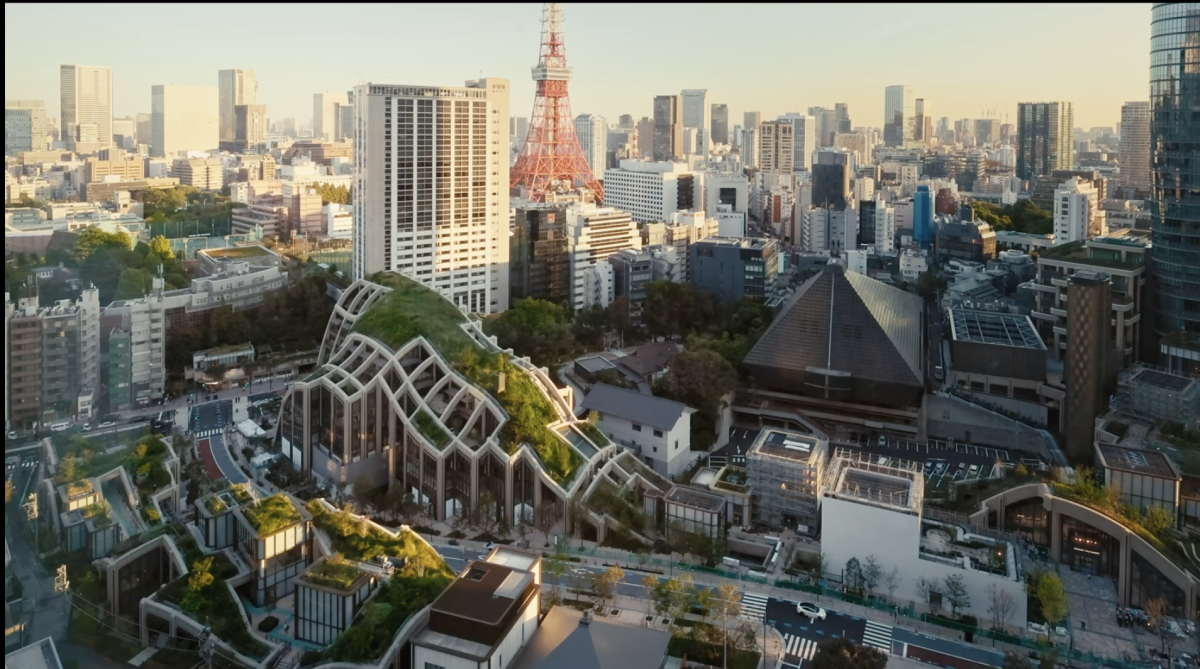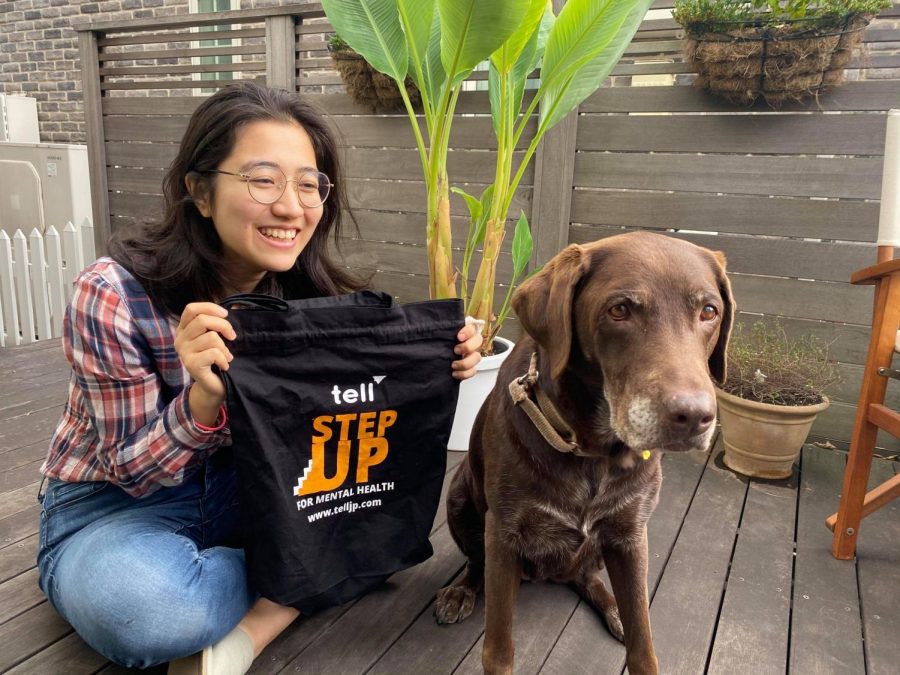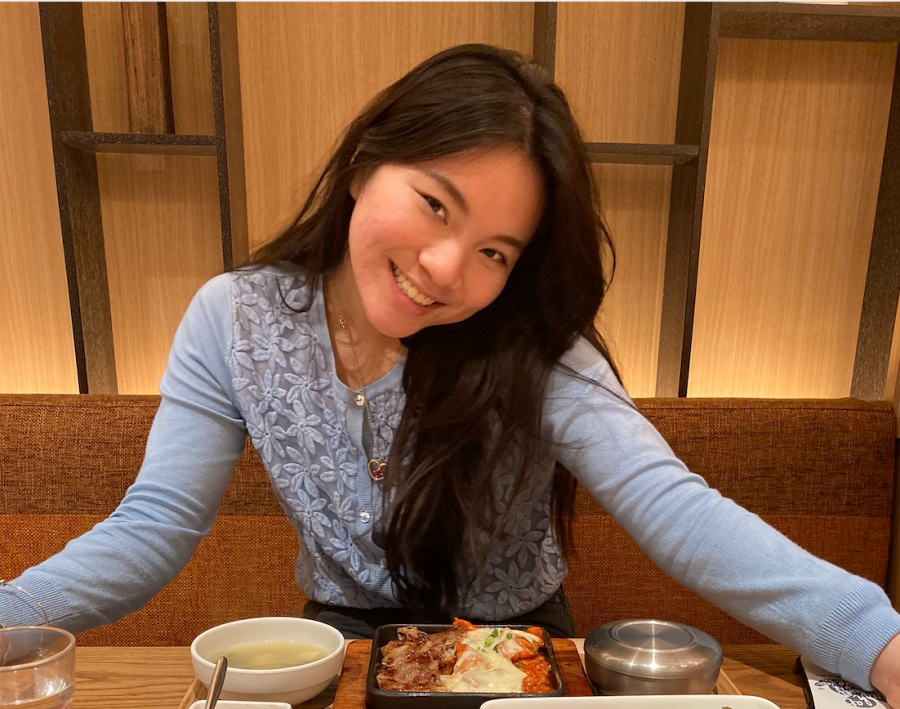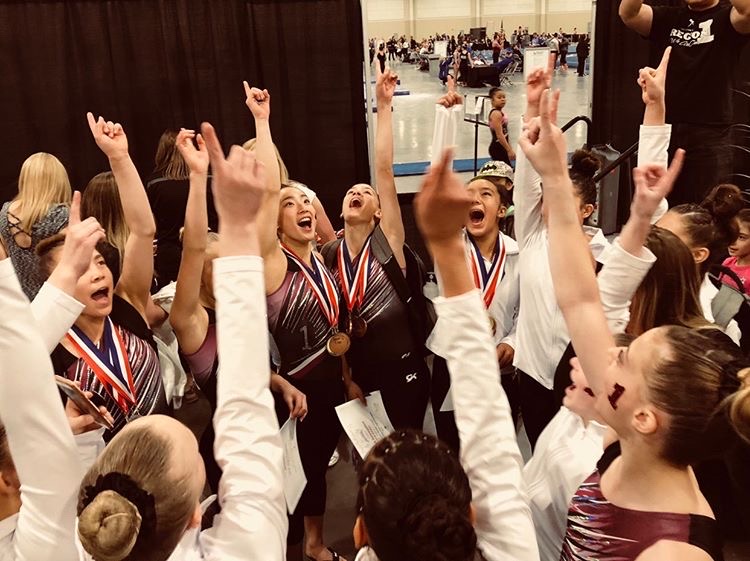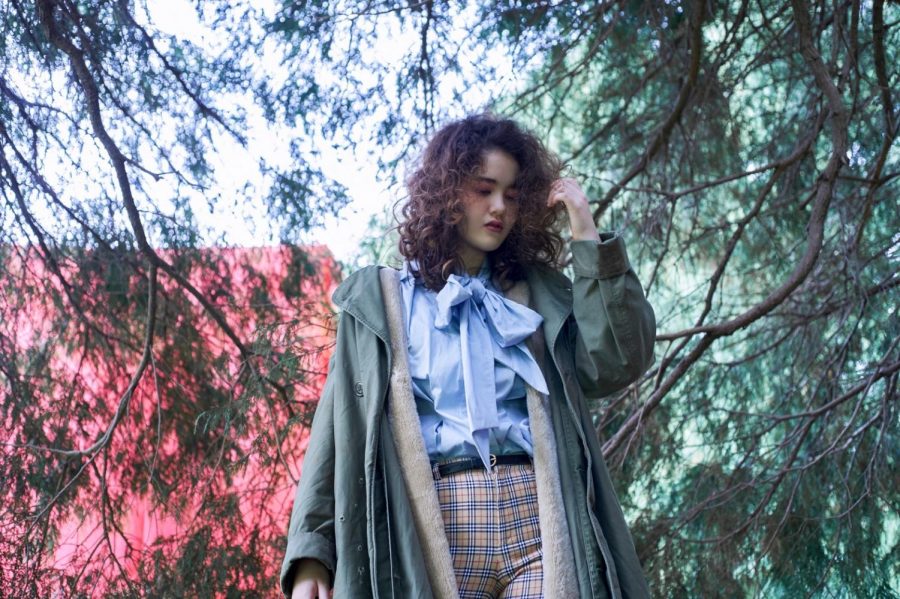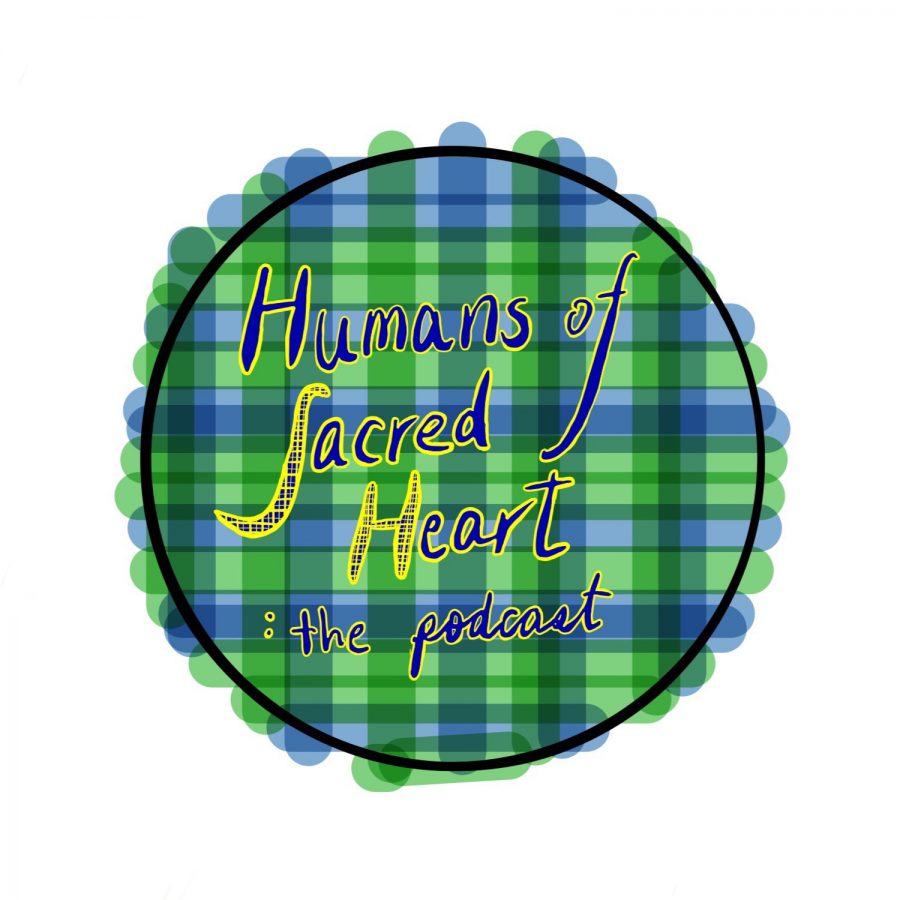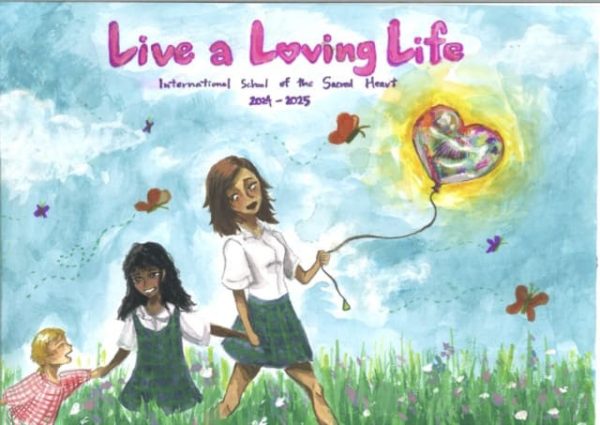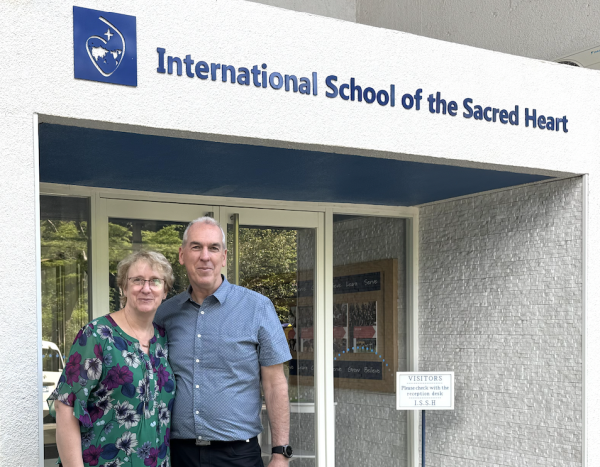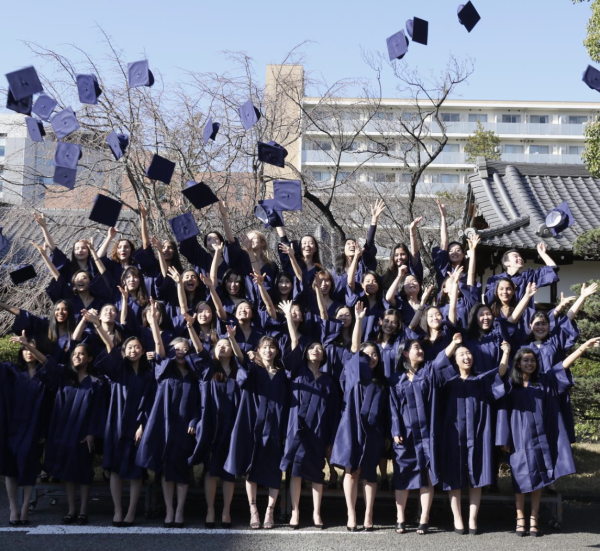Mr. Felstehausen
“I sometimes get told that I talk a lot about Nepal SEEDS. It stands for – I hope I get this right – Social Educational Environmental Developmental Services. The organization has been in existence for 20 years and was established by KP Kafle. I met KP in Nepal and have been formally a part of the SEEDS Board of Directors for the past couple of years.
When I was in Nepal it was the first time in my life that I really understood the tangible benefits of development project work and how developmental projects could potentially affect people’s lives. Some of which include the growth of education especially for girls and water projects that led to better sanitation and better health. Improvements of which actually improved cohesiveness and function of villagers and villages. I saw it. I’ve never seen that before. The impact of that was profound, not on me per se but on people that I met. That vision of development that was guided by villagers themselves for villagers owned by villagers run by villagers was a model that wasn’t so prevalent a few years ago in development project work. The only thing that SEEDS really brings to the table is the material cost of programs and the expertise to run it.
It may sound cliche, but once you’re actually there and see it, it changes your whole perspective. You become more empathetic, compassionate to other people’s needs. I feel very lucky to be able to go. As I continue to work and study Nepal, I just kept getting further and further involved into the point where I feel I can be more effective by being on the board. And I can help especially with projects like school lunch programs in primary schools.
The hot lunch program is in great part-funded through Sacred Heart. We provide the hot lunch for Shri Manakamina, Bhandevi, and Janashram. Sacred Heart has been very supportive of the program. We all understand what a hot lunch program means. We have supported that so strongly, and now the women’s pad project too. Those things are very real. But of course, we have to make sure we ran the program as intensive as it is in Nepal. If you provide school lunch today then you better provide it tomorrow and you better provide it next month. It’s never underappreciated but we also have an ongoing responsibility to keep going. This is a longitudinal relationship with people. Our connections are so strong and we continue to grow.
We’ve run five cohorts since 2011. More than forty Sacred Heart students have actually gone to Nepal. The idea is that we run every other year. Essentially, that’s what we have done. We go there and we see where the money goes. If they don’t want the lunch and they don’t want the pads then ok, we won’t do that. So that feedback is very relevant. We’ve met and talked to people who have said that before SEEDS, they went to school and weren’t provided lunch. What does that mean over the course of your education? Lunch really provides an incentive. The harder project remains the girls pad project. Do the pads work? Do girls really want those pads, use those pads? What problems do they have? Is it culturally appropriate? Are there still stigmas associated with it? If so, can they be overcome by finding culturally appropriate measures to do it relevant to girls and women’s lives in Nepal?
Part of me is a part of the people in the communities of Nepal. And it changes how I think and how I live. And I want to do even more. So I feel fortunate to be in a community of people in Sacred Heart and Nepal that support that.” — Mr. Felstehausen









